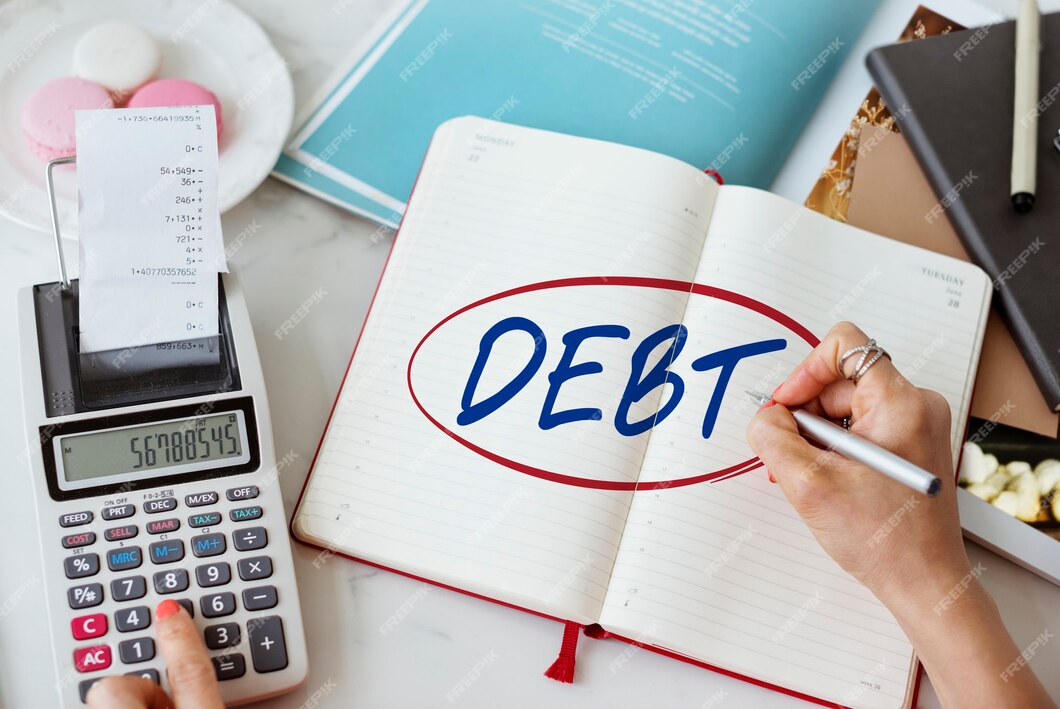Are you drowning in a sea of debt, struggling to keep your head above water? Debt relief might just be the lifeline you need. However, it’s not a one-size-fits-all solution. Before you make a move, you need to carefully evaluate your situation. Let’s explore the prerequisites for debt relief and the two primary scenarios that warrant consideration: when you can’t meet your unsecured debt obligations or when bankruptcy seems like a looming option.
Understanding Debt Relief
Debt relief is a strategic process that companies employ to assist individuals in avoiding the dire straits of bankruptcy and helping them rebuild their credit.
Is Debt Relief a Viable Solution for You?
The primary goal of debt relief is to make your debt load more manageable. Many people seek this option to secure more affordable monthly payments, lower interest rates, or expedite their debt repayment.
Qualifying for Debt Relief
The criteria for qualifying for debt relief can vary from one company to another. However, certain common conditions usually apply, such as having specific minimum and maximum debt thresholds and being several months behind on your payments.
Inability to Pay Unsecured Debts
Unsecured debts encompass a wide range, from credit card balances to personal or student loans and medical bills. If you find yourself unable to meet these obligations, exploring debt relief may be the right path. This is particularly true if your unsecured debt exceeds half of your annual gross income.
Contemplating Bankruptcy
Bankruptcy is a legal process that involves seeking a judge’s approval to discharge all outstanding debts and financial obligations. There are two primary types: Chapter 13 and Chapter 7. While bankruptcy can offer a fresh start, it also comes with significant risks. Before heading down the bankruptcy road, it’s advisable to explore the debt relief option.
The Mechanics of Debt Relief
The debt relief process typically begins with a consultation with a company advisor to assess your eligibility. During this discussion, you’ll need to provide a snapshot of your current financial status and your total debt amount.
While the specifics may differ among companies, you will usually establish a savings account where regular deposits are made over an agreed-upon timeframe. These funds will then be used to negotiate or settle with your creditors, a process managed by the debt relief company.
It’s important to note that debt relief companies often charge fees ranging from 15 to 25 percent of your total debt balance.
Exploring Debt Relief Options
Beyond negotiating with creditors on your own to lower interest rates, there are several key avenues to explore when seeking debt relief:
1. Debt Settlement
In this approach, a debt settlement company serves as an intermediary to negotiate your debts, ideally for less than what you owe. During this process, you’ll stop making payments and instead save funds separately. However, be aware that this approach may have a negative impact on your credit score.
2. Debt Management Plans
A debt management plan involves setting aside money in a dedicated account. A credit counseling agency will then distribute these funds to your creditors. A significant benefit here is the ability to pay off all your debts in full.
3. Debt Consolidation
Debt consolidation is most suitable for individuals with a strong credit history. It allows you to secure a lower interest rate than your original agreements. When exploring this option, be sure to consider any associated fees.
What’s the Next Step?
If you’re struggling to make your monthly payments even after attempting DIY solutions, it might be time to explore debt relief. The best course of action ultimately depends on your unique financial circumstances and future goals. Take the time to compare these options and choose the one that safeguards you from future financial troubles.
To Recap
Debt relief is not a one-size-fits-all solution, but it can provide much-needed relief for individuals drowning in debt. By understanding the prerequisites, exploring your options, and making an informed decision, you can regain control of your financial future.
FAQs
Is debt relief a guaranteed solution to my financial problems?
Debt relief is not a one-size-fits-all solution, and it is not guaranteed to solve all financial problems. Its effectiveness depends on your unique financial situation, the type of debt relief you choose, and your creditors’ willingness to cooperate. It’s essential to consult with a professional or a debt relief agency to assess whether it’s a viable option for your specific circumstances.
Will debt relief harm my credit score?
The impact of debt relief on your credit score can vary depending on the method you choose. Debt settlement, for instance, where you negotiate to pay less than what you owe, can have a negative effect on your credit score. However, other debt relief options, like debt management plans or debt consolidation, may have less severe impacts on your credit. It’s crucial to weigh the potential impact on your credit against the benefits of resolving your debt issues.
How long does the debt relief process typically take?
The duration of the debt relief process varies from person to person. It depends on factors such as the amount of debt, the method of relief chosen, and your creditors’ cooperation. In some cases, it may take several months, while in more complex situations, it could take a few years to complete the process. Patience and persistence are essential during this time.
Can I negotiate with creditors on my own without a debt relief company?
Yes, you can negotiate with creditors on your own without the assistance of a debt relief company. However, it’s important to note that this can be a challenging and time-consuming process. You’ll need to communicate with your creditors, negotiate better terms, and create a repayment plan. Using a debt relief company can streamline this process, but it typically comes with associated fees.
What are the risks associated with bankruptcy?
Bankruptcy is a legal process that can provide a fresh start, but it comes with significant risks. These risks can include the potential loss of assets, such as property or savings, and a long-lasting negative impact on your credit score. It’s a decision that should not be taken lightly, and it’s advisable to explore alternative options like debt relief before considering bankruptcy. Consulting with a legal professional or financial advisor is crucial when contemplating bankruptcy to understand the potential consequences.













